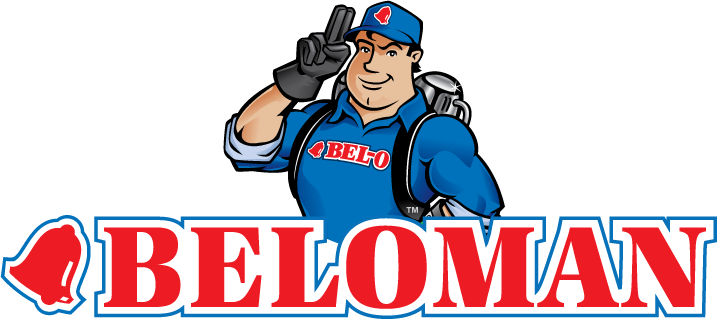How Does a Heat Pump Work in the Winter?
Today’s homeowner knows more about the benefits of alternative heating and cooling options than ever before. If you’ve been thinking about replacing your furnace and AC system with a heat pump, we’ve got great news. The U.S. Department of Energy says heat pumps provide an energy-efficient way to stay comfortable year-round in milder climates.
What Is a Heat Pump?
The heat pump is a mechanical device designed to transfer heat through the process of absorption and release. Hot air naturally transfers from warmer environments to colder ones. Heat pumps are made to harness this phenomenon and to reverse the direction of the hot air. The pump absorbs heat in one location and releases into another environment.
Heat pumps are so efficient because they move ambient hot air from one location to the next as required. These products use electricity to move the heat back and forth but do not create heat from electricity. In comparison, electric heaters generate an electric current, turn it into heat, and then project the heat into a room. Many of the devices you have in your home use heat transfer methods, including refrigerators and air conditioners.
Types of Heat Pumps
Geothermal, air-to-water, and air-source heat pumps are the three types of products being used in modern homes. Air-source heat pumps are the most common. The ductless mini-split unit is a popular air-source model among homeowners. It’s ideal for new room additions or places in the home requiring an occasional boost of warmth. A small exterior conduit is cut through the home’s exterior wall to allow the system to transfer hot air. The small footprint and economical process prevent the energy loss many homeowners experience with ducted heating systems.
Air-source heat pumps include both ductless and ducted products. Ducted units can be tied into an existing ducted system and be managed by zone. Absorption heat pumps are air-source pumps that operate via natural gas or heated water and not through electricity. Natural gas is the power source used most often, and many manufacturers refer to these devices as gas-fired heat pumps.
The Basics of Heat Pump Operation
Heat pumps operate by using a refrigerant to absorb heat and then release it. The refrigerant attracts heat from the outdoor air because the refrigerant is depressurized and becomes colder than the outdoor air. Remember heat naturally moves to cold environments. Once the refrigerant absorbs the heat, the system’s compressor liquefies the refrigerant to heat the system’s coils. A fan blows across the hot coils and releases the heat into the home.
The heat pump process is ideal as long as temperatures stay at freezing or above. As outdoor temperatures drop below freezing, a heat pump loses efficiency. Homeowners in regions with extremely cold temperatures can benefit from a hybrid heating system. Hybrid systems shut off the heat pumps and turn on fuel-based heating systems when the temperatures drop below a certain level.
Maintaining a Heat Pump
Just like a furnace or a traditional heater, a heat pump should be routinely maintained. Refrigerants are regulated by the EPA and must be handled with care by a trained technician. A heat pump can leak, and parts can fail over time. Filter replacement is also needed for optimal performance. Look for a qualified company to conduct maintenance tasks for you.
BELOMAN provides furnace and heat pump tune-up services for property owners in Belleville. Our technicians are NATE certified. Let us know you need a timely solution, and we’ll respond ASAP.
Things to Know About Your Heat Pump
Purchase a unit with a dual-speed or variable-speed motor instead of a single-speed motor. These motors help improve energy efficiency and air velocity and reduce noise from the compressor. Outdoor units can lose efficiency if exposed to high winds. The proper placement of landscaping can block high winds and improve heat pump efficiency. You can also learn more about heat pumps by reading the EnergyGuide label attached to every model. Manufacturers are required to provide this information.
BELOMAN has been a trusted name in home heating and cooling services in Belleville for 60 years. Our company is an accredited business with an A+ rating from the BBB, and our company is licensed, bonded, and insured. We also offer a complete lineup of residential plumbing services. We’re the team to turn to when you want help with the water and temperature systems in your home. Call us today to schedule an appointment.







